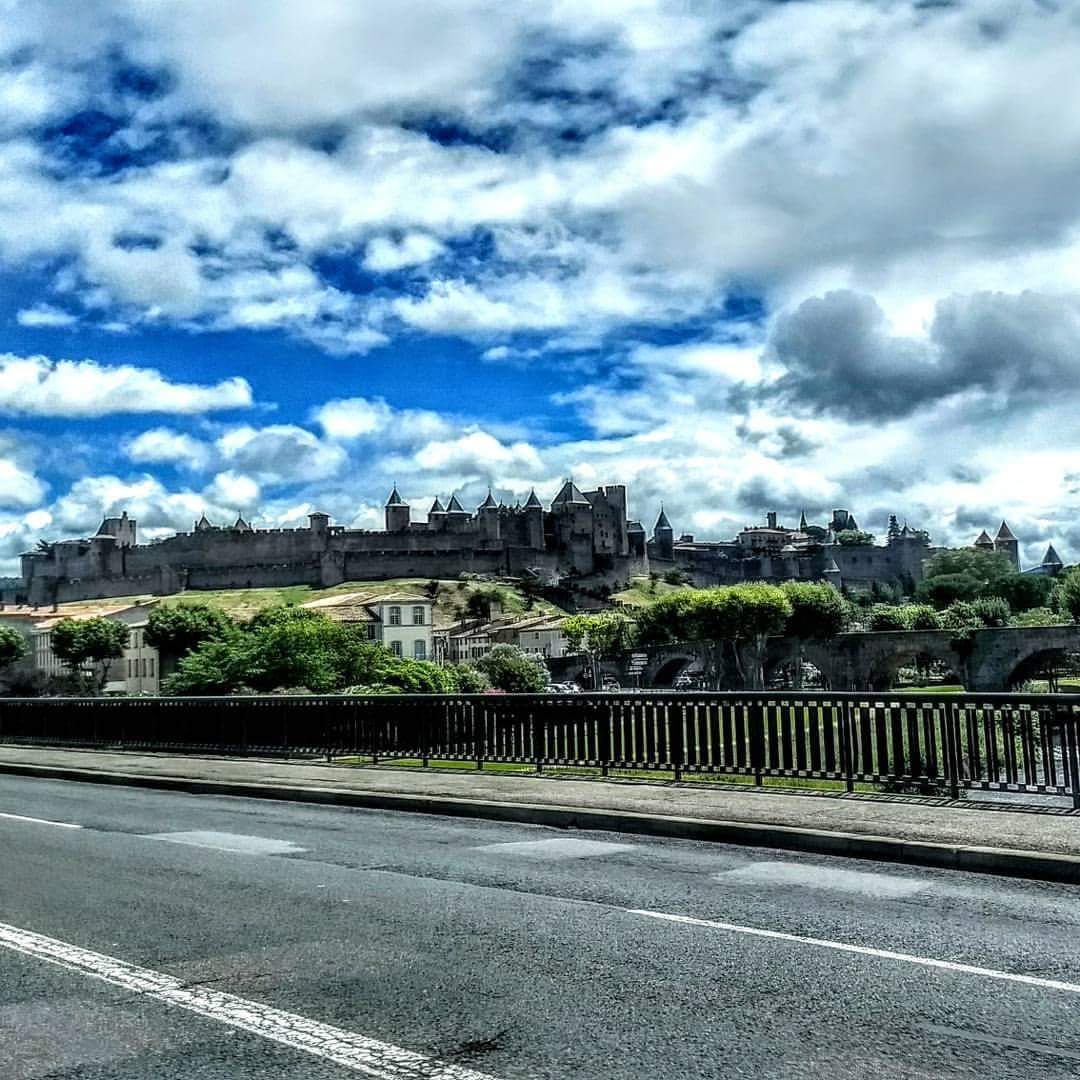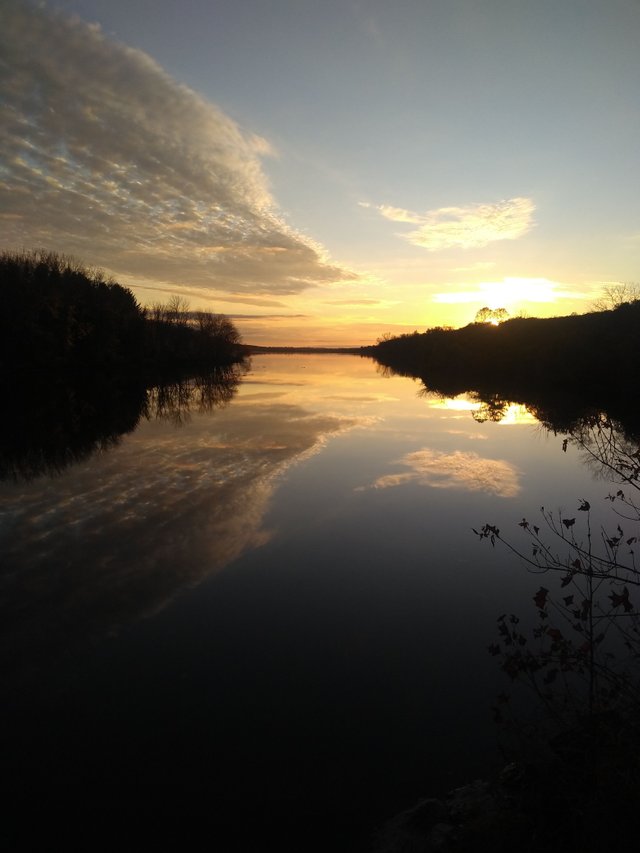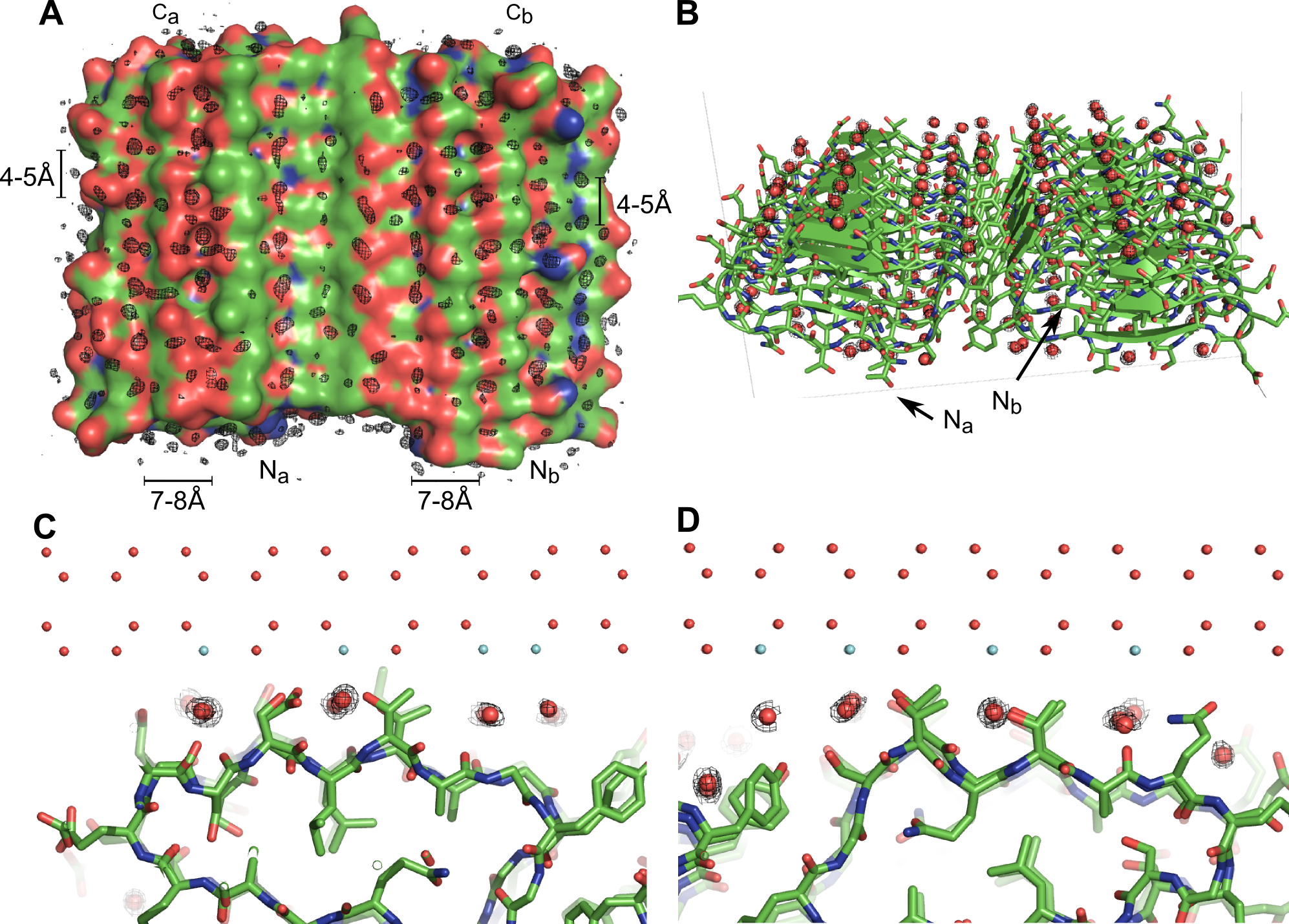Cloud Ecology: Bacterial Ice Nucleating Protein
Microorganic life initiates macro formations including the formation of clouds.
The environment creates the organism and the organism creates the environment. This is fundamental pattern of ecological evolution. The bacteria of your gut have evolved to survive within your harsh internal conditions and at the same time these organisms modify and equilibrate your gut chemistry to maintain their livelihood of their home. It should be know surprise that their are bacteria that live within us, but did you ever think the same happens in the clouds?
Diverse populations of bacteria, yeast and fungal spores have been found in cloud vapor and at the center of hail stones! Clouds are considerably one of the harshest environments where bacteria has been found to grow, nevertheless, life finds a way. These bacteria have a profound impact on global climate as they are actually cloud creators! These bacteria evolved a protein that imitates the seed crystal in ice crystallization in order to initiate cloud formation.
But clouds are just puffy masses of water vapor, Right?

Wrong! Clouds have a unique chemistry that contains many organic and nonorganic compounds. In multiple studies exploring the viability of life in the clouds, trace amounts of easily degradable organic compounds (including carbohydrates, lipids and some nitrogen-containing compounds) were found in cloud vapor and hail stones. This is a delicious breakfast for bacteria.
Bacterial samples collected of the center of hail stones and cloud vapor have been shown to consume these compounds at a faster rate than light is a able to degrade them.
Who is living in the clouds and what are they up to?

If Jack climbed his bean stalk up into the clouds the only giant he would find is the enormously diverse community of microorganisms. One study estimated a bacterial species richness of 1800 types of bacteria. Low temperatures, desiccation, oxidation, UV radiation and acidic pH in the aqueous phase cause clouds to be a very harsh ecosystem. This has selected for mostly fungal spores as well as spore forming bacteria.
Connecting the Phyllosphere and the Troposphere:

Cloud communities also allow for the long distance transportation of bacteria. Of the cloud resident bacteria, the majority are “phyllosphere bacteria”, or above ground plant bacteria. The bacteria of the clouds seem to be leading a very similar life to their terrabound siblings. The organic compounds analyzed from the clouds had the same aromaticity as plant derived material that has been digested by microorganisms in the soil. The majority of these organic compounds were unsaturated or phenolic organic acids which is typically for plant drives matter. It is a though the plants of the earth packed the bacteria some lunch for their journey through the clouds!
Cloud creators: Ice Nucleating Proteins

Organism are created by their environment and the environment is created by the organism. But if the clouds are the environment of the bacteria, that means bacteria create... the clouds?
Some gifted, mainly gram-negative, bacteria have a very interesting protein known as and Ice Nucleating protein, as shown above. This protein aids in the production of the seed crystal that the ice forms around. Crystallization is the process of perfect and repetitive organization amongst the molecules. The seed crystal is the first group of molecules to form this pattern.
The Ice Nucleating Protein consists of repeating units. These units attract the water molecules in such a way that aligns them in the pattern for seed crystal formation. By aiding seed crystal formation, these proteins raise the freezing point of water. This means that the atmosphere does not need to be as cold for ice to form. These proteins are especially important for mixed phase cloud formation.
Credit for the great minds who supplied me information and pictures:
Vaïtilingomabcd, Mickael, et al. “Mickael Vaïtilingom.” PNAS | Mobile, m.pnas.org/content/110/2/559.full?osm=1.
“Family: Ice_nucleation (PF00818).” Pfam, pfam.xfam.org/family/PF00818?osm=1.
Šantl-Temkiv, Tina, et al. “Hailstones: A Window into the Microbial and Chemical Inventory of a Storm Cloud.” PLOS ONE, Public Library of Science, journals.plos.org/plosone/article?id=10.1371%2Fjournal.pone.0053550&osm=1.
“Support.” Vhub, vhub.org/groups/multiphasemodeling.
@originalwork
.
.
.
Curiosity is an itch that creates more itch so it cannot be scratched. I've made it safely to Columbia on a one way plane ticket. Follow me if your curious where curiosity will take me. Thanks the mental energy you used to read today. Stay curious!
I had no idea!!!
It's something I read in a book one time. I'm glad I finally felt inspired to do more research.
Oh yes, steemstem, i am always in for that, great original and interesting content!
Thanks! I was really feeling inspired by the @steemstem distilled posts. I learn so much through steem!
Congratulations @mangosinspace!
Your post was mentioned in the hit parade in the following category:
Hello there! I suggest you gave us some references and image sources, they do add up to a posts credibility and offer the chance for higher curation rewards ;)
not a bad idea but i dont think there is any issue.
I did put references and image sources for everything I used. "Credit for the great minds who supplied me information and pictures:" but thanks for the advice!
Sorry dear, my mistake, I meant to write active links ;)
Ah I understand. I thought they would be active link. I'm still learning all this. How do I make my text bolded or different sizes. I'm having trouble with formating. I write everything on Google docs and copy paste into steemit. But I lose all of the formating. I only have a phone if this is the problem.
Bummer! It's hard to have proper formatting when writing from a phone, unless you know how to use markdown. I had tried the application once too, but I wasn't really satisfied.
What is markdown?
I can DM you over chat later and explain, cause I'm on my phone now and it's a bit difficult. I'll lead you through screenshots if you like :)
Markdown is a text formatting engine. When you are on the steemit editor, there is the word Markdown on the upper right. You can see the pictures below and these links for more:
1 - https://guides.github.com/features/mastering-markdown/
2 - https://steemit.com/steemit/@scrooger/markdown-editing-for-steemit-posts-easy-copy-and-paste
done upvote me
https://steemit.com/photography/@schatengarg/i-ll-make-a-pencil-sketch-of-ur-pic